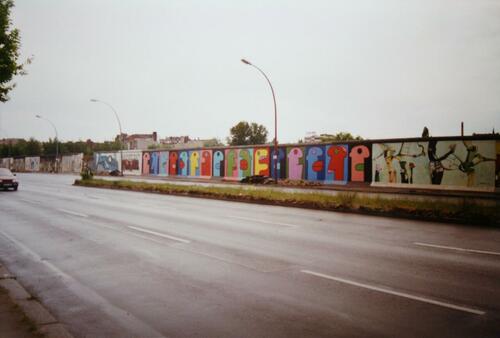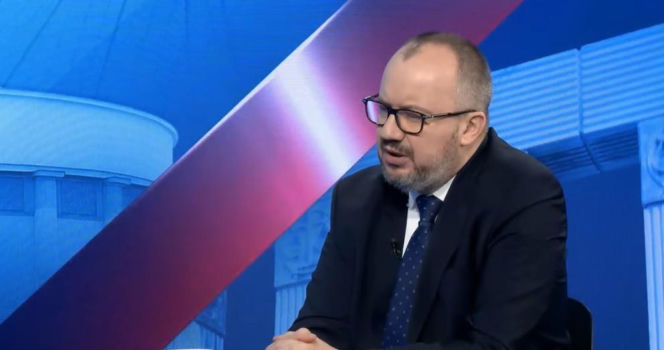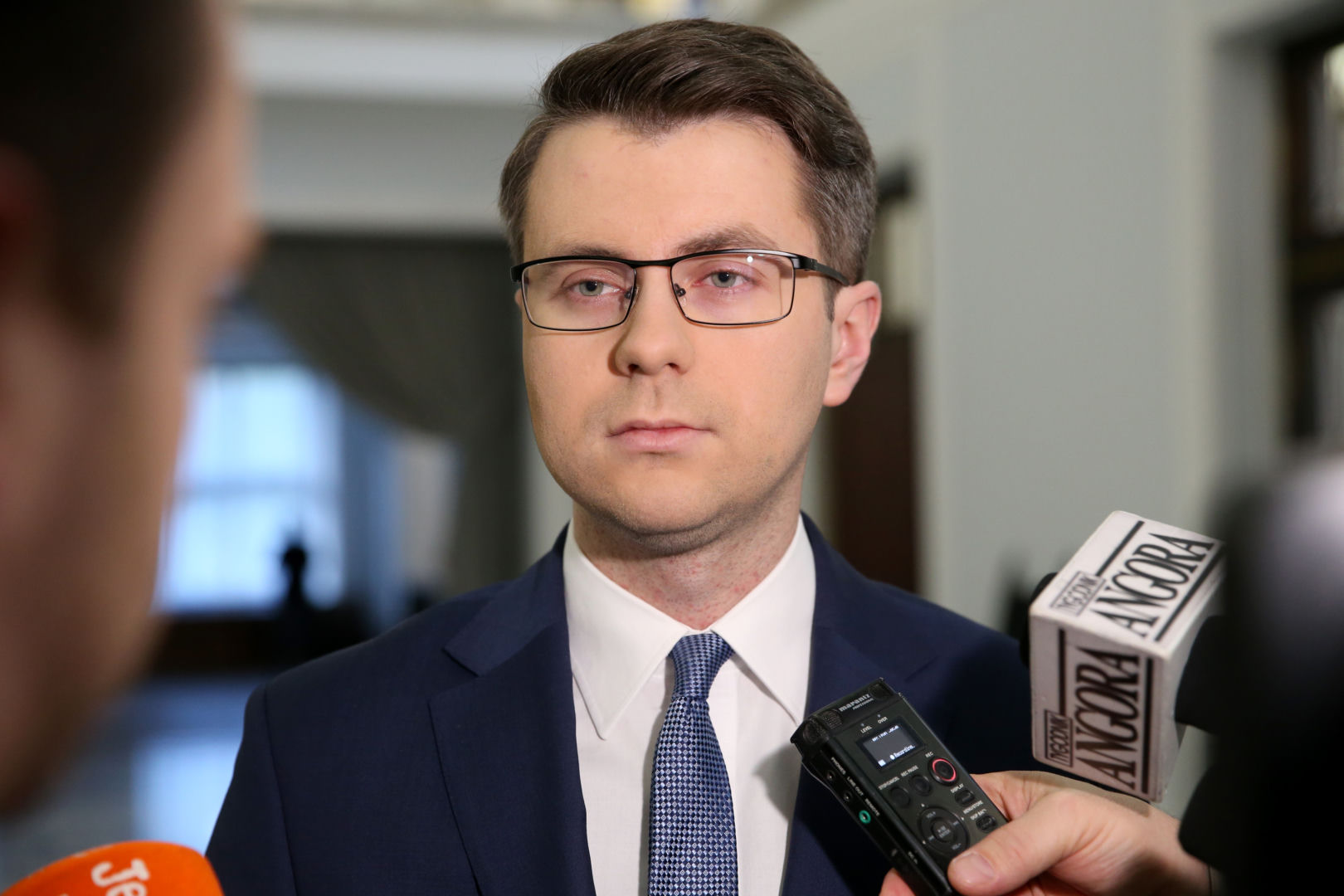
Страх, страх и как Америка дошла до этой точки
Автор: J. Peder Zane, RealClearWire
За неделю до убийства Чарли Кирка мы с друзьями пытались определить основные события, которые сформировали этот американский век. Мы все ведем счастливую жизнь, но инциденты, которые мы перечислили, рассказали историю страха и страха.

Мы сразу упомянули 9/11 и экономический коллапс 2008 года., оба из которых стимулировали ноющее чувство уязвимости. Если убийство Кеннеди означало потерю американской невинности, то эти события символизировали увядающее чувство безопасности.
Мы согласились с тем, что война в Ираке и COVID-19 усилили растущее убеждение в том, что наше правительство не только некомпетентно, но и нечестно.
Беспорядки БЛМ 2020 года и нападение 6 января на Капитолий показали, что центр больше не держится, что страстная интенсивность была подавляющей причиной.
«Не забывайте Трампа», — сказал я. Хотя большинство моих друзей поддерживают президента, они считают, что наша политика не приняла бы такой уродливый оборот, если бы он никогда не ступил на этот эскалатор. Ненависть, которую Трамп внушает своим оппонентам, и его удовольствие от борьбы с огнем огнем усилили раздор. Признавая, что он помог выявить худшее в своих противниках – и слишком часто в своих сторонниках – не винить его в наших обстоятельствах, а признать, что он является исключительно поляризующей фигурой.
Друг сказал Рост социальных сетей Это может быть еще более важным фактором, отмечая, как это помогло создать политические эхо-камеры в странном пространстве связанного одиночества, которое затрудняет нам общение с другими. Может быть, и правда, что «ни один человек не остров», но мы, кажется, пытаемся. Наш растущий кризис психического здоровья, особенно среди молодых американцев, трудно объяснить без ссылки на это явление.
Страх, недоверие, гнев, разделение и насилие — все это было там. Тем не менее, нас поразило, что эти события были скорее вспышками, чем запускающими событиями, которые не смогли адекватно понять, как и почему наша страна, похоже, сошла с рельсов. Отдельные люди и страны могут реагировать на то, что жизнь бросает на них любыми способами - с мужеством или трусостью, любовью или ненавистью. Вопрос стал: Почему эти и многие другие события высвободили тьму вместо света?
Нам потребовалось бы гораздо больше времени и вина, чтобы начать отвечать на этот вопрос. Но позже меня поразило, что важные корни нынешнего кризиса можно найти в тревожных идеях, которые укоренились в нашей культуре за последние несколько десятилетий. Хотя большая часть этого мышления исходит от прогрессивных левых, развитых в академических кругах и продвинутых элитными СМИ, оно было поглощено людьми всех политических слоев, а также теми, кто отчуждён от политики.
Как подробно описали Хелен Плукроуз и Джеймс Линдси в своей незаменимой книге «Цинические теории», падение коммунизма в начале 1990-х годов создало кризис для бесчисленных ученых под влиянием марксизма. В ответ на дискредитацию своего мировоззрения они задались целью «проблематизировать» — т.е. найти вину — в других идеологиях. Это несложно, потому что каждая система человеческой мысли и действия глубоко порочна, наполнена напряженностью и несоответствиями. Мы не живем в идеальном мире. Замечание Черчилля о том, что «демократия является наихудшей формой правления, за исключением всех тех других форм, которые были опробованы», может быть применено к большинству предположений и структур, на которые мы опираемся.
Ободренные постмодернистской идеей, что нет никакой истины, только версии реальности, эти ученые намеревались подорвать каждый столп общества. Плукроуз и Линдси отметили: «Они одержимы властью, языком, знаниями и отношениями между ними. Они интерпретируют мир через объектив, который обнаруживает динамику силы в каждом взаимодействии, высказывании и культурном артефакте, даже если они не очевидны или не реальны. Это мировоззрение, которое сосредотачивает социальные и культурные обиды и стремится превратить все в политическую борьбу с нулевой суммой, вращающуюся вокруг маркеров идентичности, таких как раса, пол, пол, сексуальность и многие другие. "
Справедливость, Можно много говорить и спорить об их целях, включая религию, капитализм, американскую историю, ядерную семью, гендерные роли, расу и нашу правовую систему.
Но их критика была направлена не на построение лучшей нации, а на разрушение той, которая у нас есть, - сеять сомнения, не предлагая альтернативы, кроме пустых лозунгов. Мы живем в мире страха в значительной степени потому, что они работали, чтобы лишить нас уверенности во всем. Например, трудно подсчитать непоправимый вред, который они нанесли детям из-за путаницы, которую они вызвали, сказав им, что пол назначается при рождении. Аналогичным образом, их усилия по превращению Америки в презренную нацию с позорной историей сделали все более трудным для многих людей укрывать любовь к стране, которая необходима для построения национального сообщества.
Независимо от того, сколько разрушений, люди по своей природе жаждут уверенности и стабильности; это основы, которые оправдывают наши действия. Вот почему левые, бессвязно, но обязательно, все еще утверждают, что они являются хранителями своей главной цели: истины. Но если нет истины, то есть только сила. Если реальность — это всего лишь социальная конструкция, то факты и язык — это всего лишь инструменты, которые можно извратить, чтобы возобладать.
Чем дальше по этому пути мы шли, тем труднее стало поддерживать функционирующую демократию, которая зависит от способности разрозненных людей прийти к общему пониманию для достижения компромиссов. Поскольку мы отступили в наши собственные версии реальности, дезинформация и дезинформация стали безудержными отчасти потому, что люди (и крупные средства массовой информации) чувствуют себя более свободными, чтобы утверждать свои собственные ориентированные на результаты версии истины, а отчасти потому, что правда каждой стороны поражает другую как обман.
Неспособность половины людей говорить, а тем более убеждать, другая половина разжигает разочарование, гнев и обиду. Не имея инструментов диалога и убеждения, наращивание риторики кажется единственным выходом. Поэтому, Демократы называют своих оппонентов нацистами и фашистами, поскольку они рассматривают каждый вопрос как экзистенциальную угрозу. Президент Трамп называет своих противников подонками и настаивает на том, что мы всегда на грани потери нашей страны.
Принцип преклоняется перед возможностью, поскольку каждая сторона приходит в ярость, когда другая имитирует свое собственное вопиющее поведение - как мы видим сейчас, когда консерваторы принимают культуру отмены, которую они когда-то ненавидели.
Если война — это провал дипломатии, неспособность решать проблемы цивилизованно, то политическое насилие, охватившее нашу культуру, неудивительно. Недавние опросы показывают, что молодые, часто университетские студенты, в частности, принимают насилие как надлежащую реакцию на нежелательную речь, которая отражает распространение ядовитых идей. Если убийство Чарли Кирка должно стать тревожным звонком, а не предвестником, мы должны отвергнуть нигилистическое мышление, выдвинутое безрассудными элитами.
Это монументальная задача. Ни одно зверство не перевернет переключатель. Доказательства убийства Кирка свидетельствуют о том, что мы с большей вероятностью примем конфликт. Тем не менее, у нас есть одна огромная сила, которая может помочь нам сохранить нашу Республику: правда о нашей стране. Нам повезло, что мы тратим наш единственный шанс на жизнь в самой свободной и процветающей стране в истории человечества. Даже когда мы сталкиваемся с нашими проблемами, мы должны признать наши многочисленные благословения, которые были завещаны нам нашими предками. Размышления об этих дарах могут вдохновить на благодарность, которая может снова дать полет к лучшим углам нашей природы. Если мы этого не сделаем, Господь поможет нам.
Педер Зейн — редактор и обозреватель RealClearInvestigations. Ранее он работал редактором рецензий на книги и колумнистом в News & Observer, где его работа завоевала несколько национальных наград. Зейн также работал в New York Times и преподавал письменность в Университете Дьюка и Университете Святого Августина.
Тайлер Дерден
Sat, 09/20/2025 - 14:00
















![Telatyn: Nietrzeźwa 50-latka zderzyła się z dwoma samochodami. Jedna osoba trafiła do szpitala [ZDJĘCIA]](https://static2.kronikatygodnia.pl/data/articles/xga-4x3-telatyn-nietrzezwa-50-latka-zderzyla-sie-z-dwoma-samochodami-jedna-osoba-trafila-do-szpitala-zdje-1771930651.jpg)

